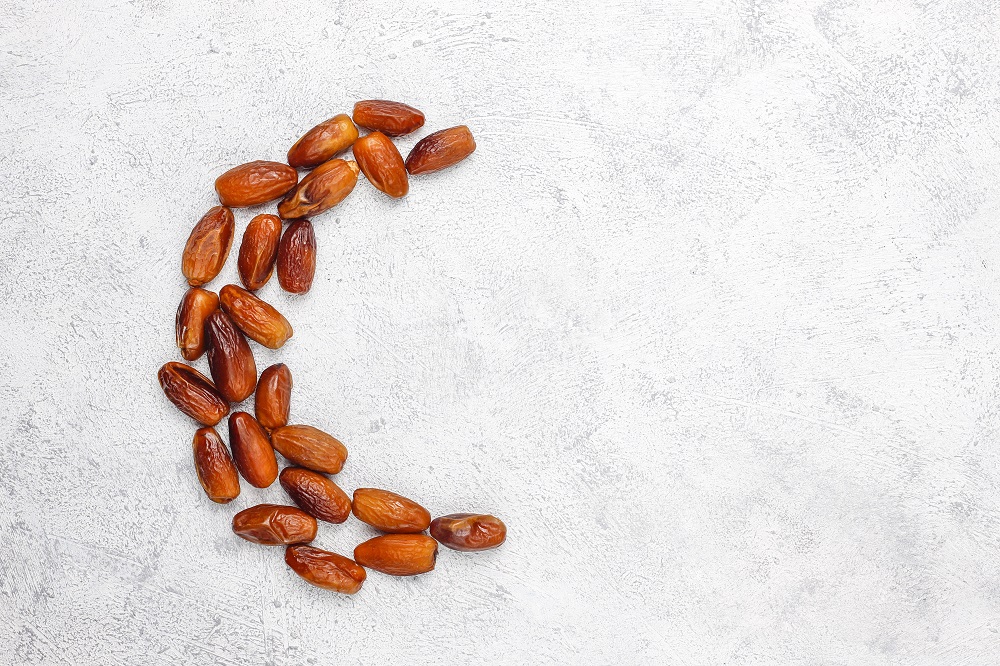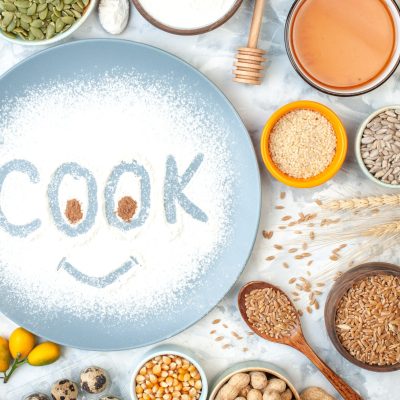There is a close link between kidney stones and diet chart. While health experts don’t agree that certain foods cause kidney stones, once you have them, your diet definitely makes a difference. The right diet for people with kidney stones depends on whether you have calcium oxalate, uric acid, or another type of kidney stone. As we list foods to avoid kidney stones, the focus will mainly be on calcium oxalate stones, as these are the most common. However, we’ll also mention diets for other types.

Foods Not To Eat With Kidney Stones
If you have calcium oxalate stones, your main challenge is to reduce your intake of oxalates. Unfortunately, these compounds are found in many foods, such as the following.
- Spinach
- Soy products, including tofu, soy milk, and soy
- Yogurt.
- Potatoes
- Raspberries
- Dates
- Almonds
- Rhubarb
- Legumes — Including navy beans, kidney beans, and fava beans.
- Grains — Including corn flour, bran, bulgar, and millet.
Meat, including red meat, pork, and chicken, has been linked with kidney stones. For calcium oxalate stones, you can consume limited amounts of meat and fish. If you have uric acid stones, however, it’s best to avoid these animal proteins as much as possible. They contain purines, which stimulate the production of uric acid. One point to keep in mind is that cooking, especially boiling, steaming, or blanching, reduces the oxalate content of foods such as vegetables. Thus, if you do consume high oxalate foods, be sure to cook them first.
Drinks to Avoid With Kidney Stones
You also have to be cautious about the beverages you consume with kidney stones. Drinking plenty of water is recommended for all kidney stones. Other beverages can be helpful in moderation, while others should be avoided.
- Cranberry Juice. Since cranberries are often listed as a kidney tonic and helpful for urinary infections, people sometimes mistakenly think it’s good for kidney stones. Cranberries are high in oxalates, so should be avoided if you have calcium oxalate stones.
- Sugary drinks. Avoid sweetened drinks, including energy drinks, soda, and sweetened fruit drinks.
- Alcoholic beverages. Limit alcohol consumption, as it dehydrates your body. Those with uric stones should be especially cautious about beer and other alcohol that is high in purines.
Foods to Eat if You Have Kidney Stones
Now let’s turn our attention to foods that are healthy to consume if you have kidney stones.
Low Oxalate Foods
Those with calcium oxalate stones can enjoy the following foods, which are low in oxalates.
- Vegetables — Cabbage, broccoli, mushrooms, zucchini, peas, onions.
- Fruits — Blueberries, bananas, apples, lemons, apricots, peaches, cherries.
- Grains — Oat bran, corn flour, white rice.
- Meat & Fish — As noted above, meat and seafood are low oxalate, but should still be limited, especially if you have uric acid stones.
- Dairy — Milk, yogurt, cheese, butter.
- Beverages — Water, pure fruit juice, coffee, lemonade (lightly sweetened).
The Best Diet For Other Types of Kidney Stones
Your doctor can determine what kidney stone types you have by running tests. If it turns out you have another kind, the low oxalate diet doesn’t apply to you. Here are some guidelines for kidney stone diets.
- Uric Acid Stones — You need to avoid foods that are high in purines, which cause uric acid to form in the kidneys. This includes red meat, many types of seafood, and alcohol.
- Calcium Phosphate Stones — These type of kidney stones occur when the urine is overly alkaline. They are less linked with diet than calcium oxalate stones, but those with this condition are advised to reduce sodium and animal protein in your diet.
- Cystine Stones — Cystine stones, which are not very common, are mainly caused by genetics. The main dietary recommendation is to limit sodium and consume plenty of fluids.
- Struvite Stones — Another less common form of kidney stone, struvite stones are caused by an infection. They usually need to be surgically removed. Medication may be given to prevent recurrence. As with cystine and calcium phosphate stones, it’s best to stay hydrated and limit sodium.
Finding the Ideal Diet For Kidney Stones
Here are some general dietary guidelines to keep in mind when you have kidney stones.
- Staying hydrated is of the utmost importance. Some studies suggest that the quality of your drinking water makes a difference. In particular, hard water may increase calcium in the kidneys.
- Limit your intake of salt. Many fast foods and prepared foods are high in sodium.
- Consume normal amounts of dietary calcium from sources such as dairy. However, only take calcium supplements if advised by your physician.
- Don’t consume excessive protein. Too much protein, especially from animal sources, can cause a calcium build-up in the kidneys.
- Tailor your diet to your specific needs. You may have other health issues or food sensitivities that must be considered.

How To Plan and Adjust Your Diet When Kidney Stones Develop
When it comes to treating kidney stones, how we live and what we eat can make a significant difference. Read this blog to know the ways to manage kidney stones.
